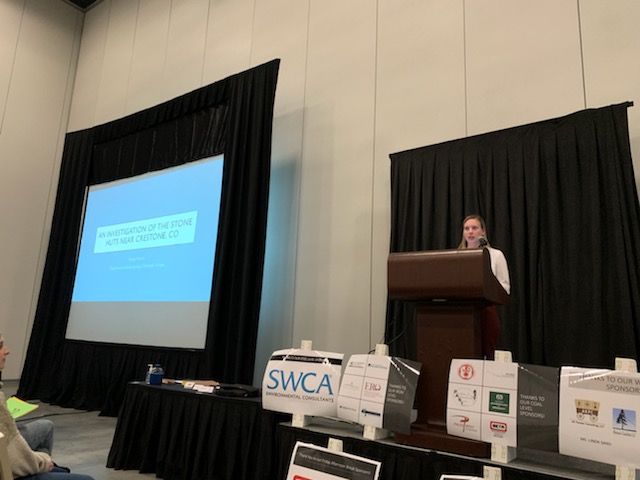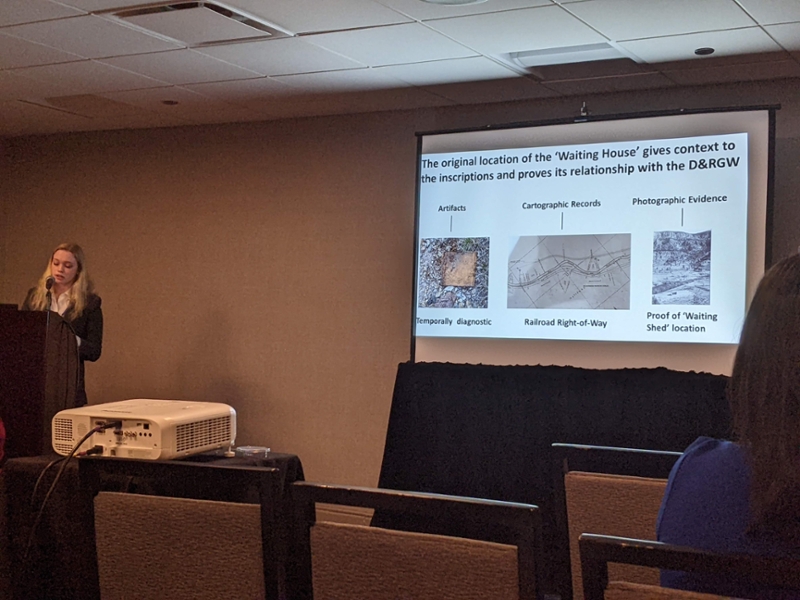Archaeology
Archaeology is one of the four integrated sub-disciplines of anthropology and is the scientific study of the ancient and recent human past through the material remains of past human activity.
Through archaeological course and fieldwork, students learn and practice lifelong skills applicable to many types of work and careers. These skills include the ability to:
- evaluate the strengths and weaknesses of data and evidence
- write clearly and precisely
- design and implement field-based research (e.g., cultural resource surveys)
- spatially map archaeological sites
- observe and describe characteristics and interrelationships between environmental and social systems
- critically evaluate narratives of the past
- work effectively in an interdisciplinary team
High demand for archaeologists!
Archaeologists work in many different settings, from private consulting companies to museums to governmental agencies. An undergraduate degree in Anthropology, with coursework in archaeology, will qualify you for employment as an archaeologist. Job prospects in archaeology are excellent, according to a recent study. Our department provides students with opportunities for hands-on archaeological experiences in the field and in the lab that qualify students for employment immediately after graduation. To view some current job openings in archaeology and related field, select this link.
Courses with archaeological content include:
AN220 Doing Archaeology (recommended for majors and minors)
AN219 Archaeology of the North American Southwest
AN225 Historical Archaeology
AN227 Collapse and Sustainability of Past Societies
AN328 Trees, Climate, and People
AN320 Field Archaeology
Most of the students above applied for and received a Conference Presentation Grant to offset the costs of attending and presenting their research at a professional conference.
Several students above worked directly with an Anthropology faculty member and were financially supported by a Faculty-Student Collaborative Grant.
Capstone Projects
Students conduct original research for their Senior capstone projects under the guidance of an Anthropology faculty member. Some recent capstone projects and publications with archaeological anthropology content:
The Crestone Structures: An Archaeological Exploration of Stone Creations in the San Luis Valley [Published in Southwestern Lore].
Archaeologists-Private Collector Collaborations: A Student Perspective [Published as Sharing Collections and Sharing Stories: The Importance of Archaeological Ethnography in Archaeologist-Collector Collaborations in Advances in Archaeological Practice, a peer-reviewed journal].
Tangled Transmissions: The Differentiation of Historic Telegraph and Telephone Lines Through the Analysis of Material Culture. [Published in Reviews in Colorado Archaeology, a peer-reviewed journal]
The Dead Man's Cave Gulch Box: Strategies for Historic Caches
Historic Dendroarchaeology: The Cabins of the Manitou Experimental Forest, Woodland Park, Colorado
Culturally Modified Trees and Human-Forest Interactions in the San Luis Valley, Colorado: A Dendrochronological Approach
Ethnography of A Southern Colorado Female Cattle Rancher: Insights Into Sustainable Land Management, Gender Equality, and Conservation Easement Designations
Complexities and Challenges of Honduran Archaeology
The Slate Pencil: A Case for Behavioral Theory and the Life History Model in Historical Archaeology
ARCHAEOLOGICAL FIELD SCHOOLS
A field school provides students with 2 to 6 weeks of hands on experience doing archaeology. Here are some useful resources to find a field school to explore your interests and develop new skills.
Archaeological institute of America
archaeologyfieldwork.com (includes job listings)
American Anthropological Association (includes field schools in other subfield besides archaeology)
National Association for the Practice of Anthropology
Geological Sciences of America field experience
VOLUNTEER FOR AN ARCHAEOLOGICAL FIELD EXPERIENCE (no cost!)
Paleocultural Research Group (Colorado)
Passport in Time
HistoriCorps
See the Finney Field School Fund to apply for financial support from CC's Anthropology Department to attend a field school.



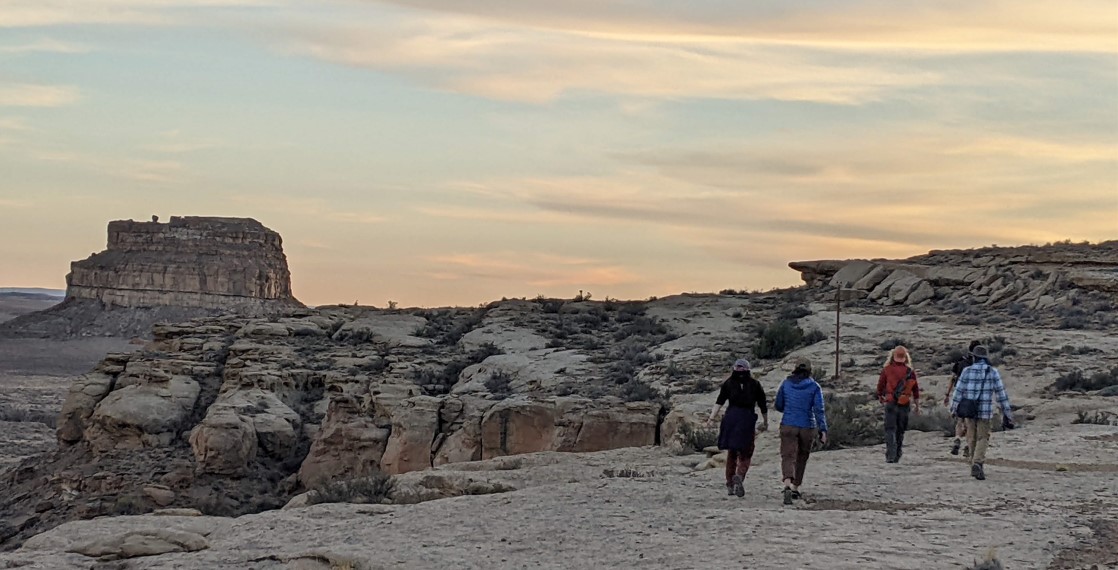
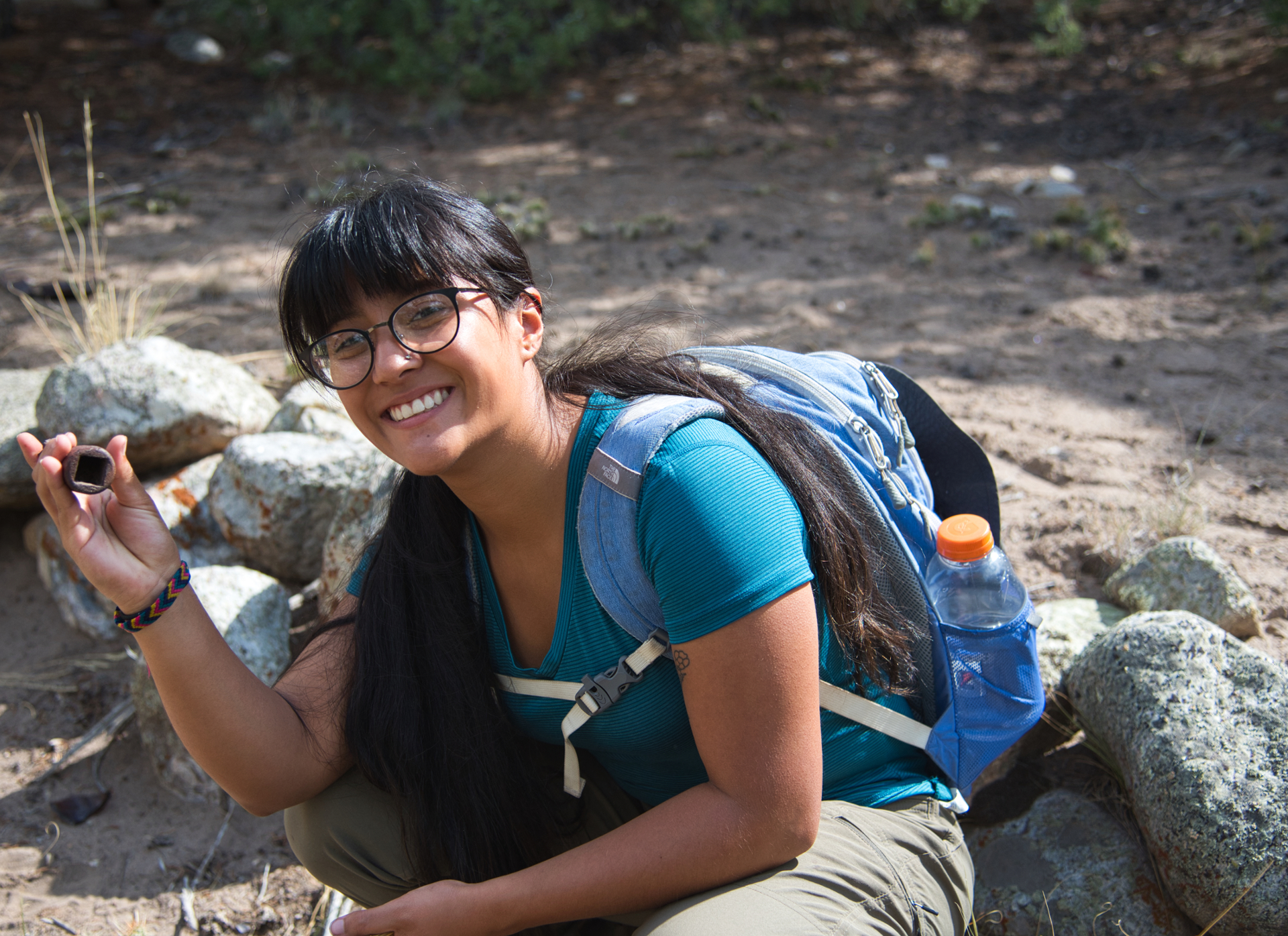
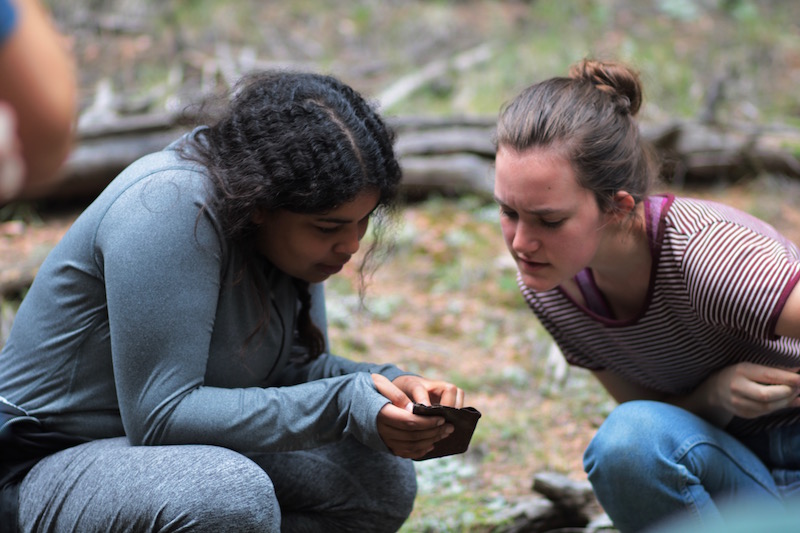
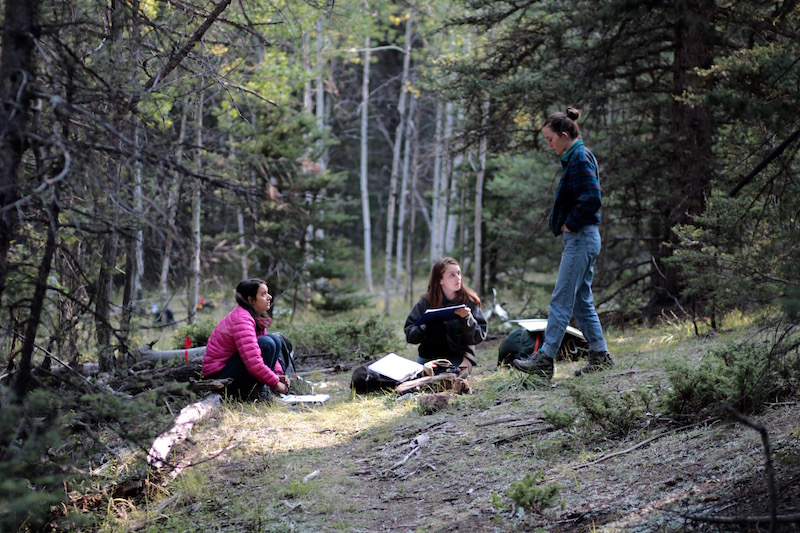
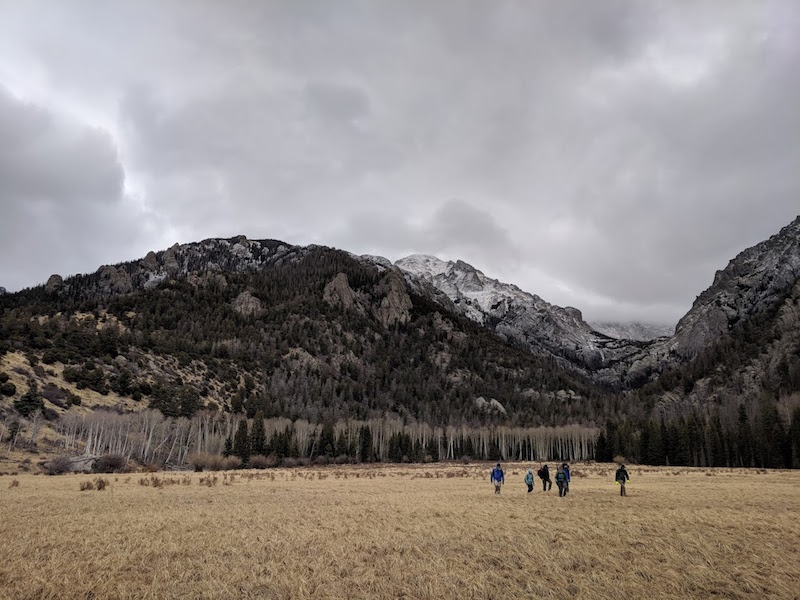

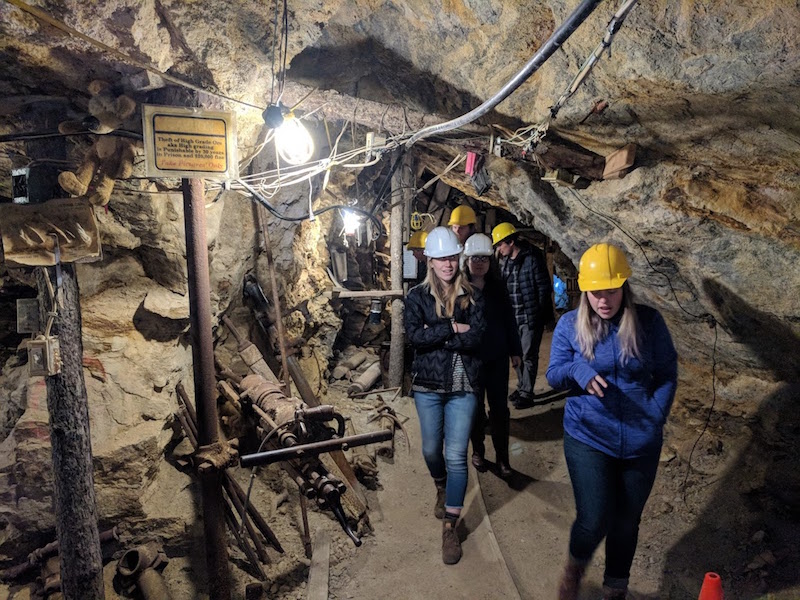
![Students camping at Chaco Culture National Historic Park in AN219 Archaeology of the North American Southwest <span class="cc-gallery-credit">[Scott Ingram]</span>](../_images/gallery/archaeology/Camping at Chaco, 2022, Resized.jpg)
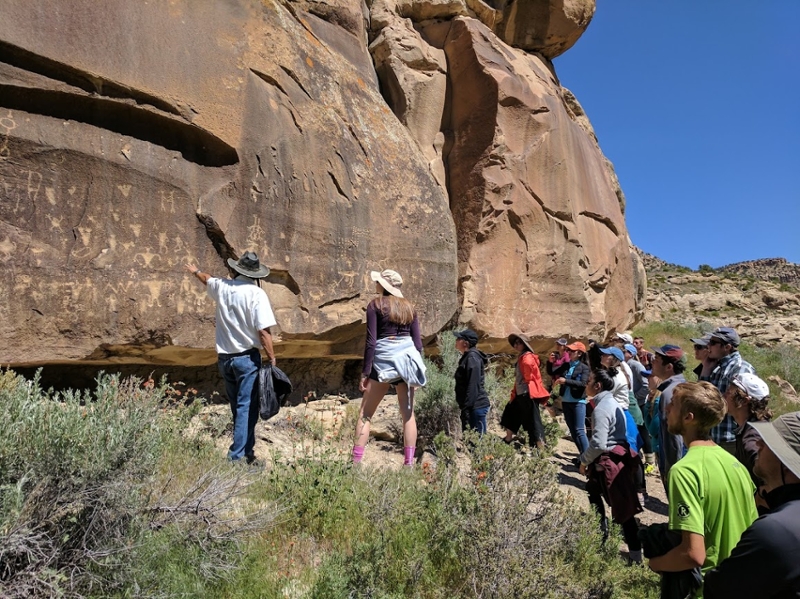

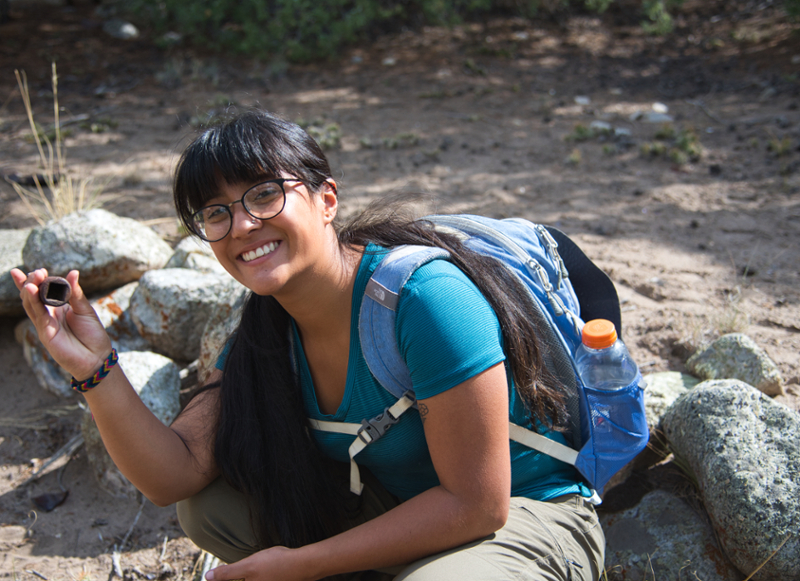
![Emma Paradiso ('20) presenting Senior capstone research at the 2020 Annual Meeting of the Colorado Council of Professional Archaeologists in Pueblo, Colorado. <span class="cc-gallery-credit">[Ella Axelrod]</span>](../_images/gallery/archaeology/Emma Poster.png)
![Ella Axelrod ('19) presenting Senior Capstone research at the Colorado Council of Professional Archaeologists annual meeting in Pueblo, 2020. <span class="cc-gallery-credit">[Amalie Hipp]</span>](../_images/gallery/archaeology/IMG_3739.jpg)
![Joshua Birndorf ('20) presenting Senior Capstone research at the Colorado Council of Professional Archaeologists annual meeting in Pueblo, 2020. <span class="cc-gallery-credit">[Amalie Hipp]</span>](../_images/gallery/archaeology/IMG_3740.jpg)
